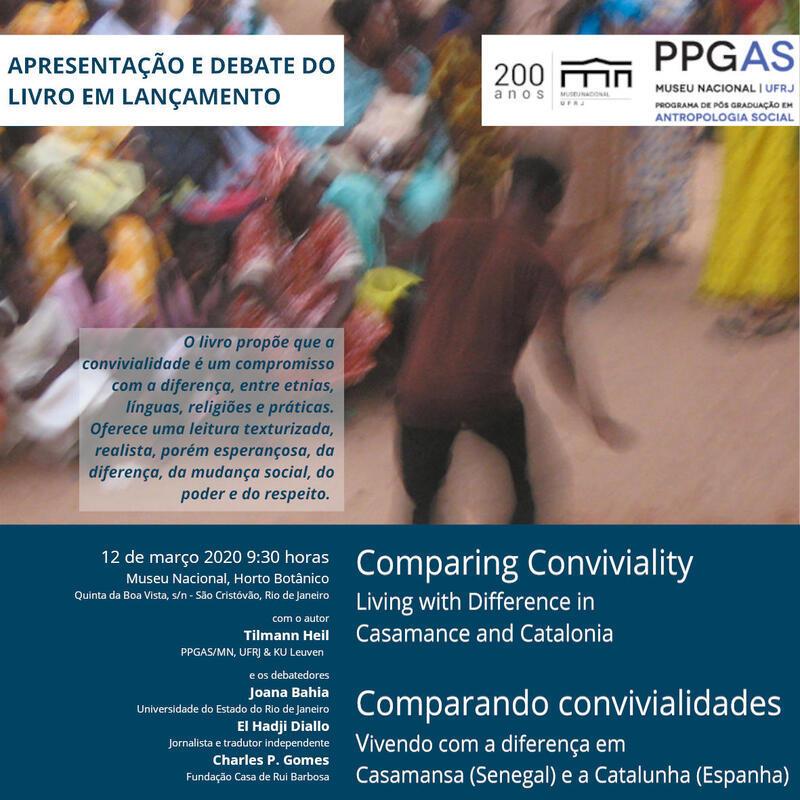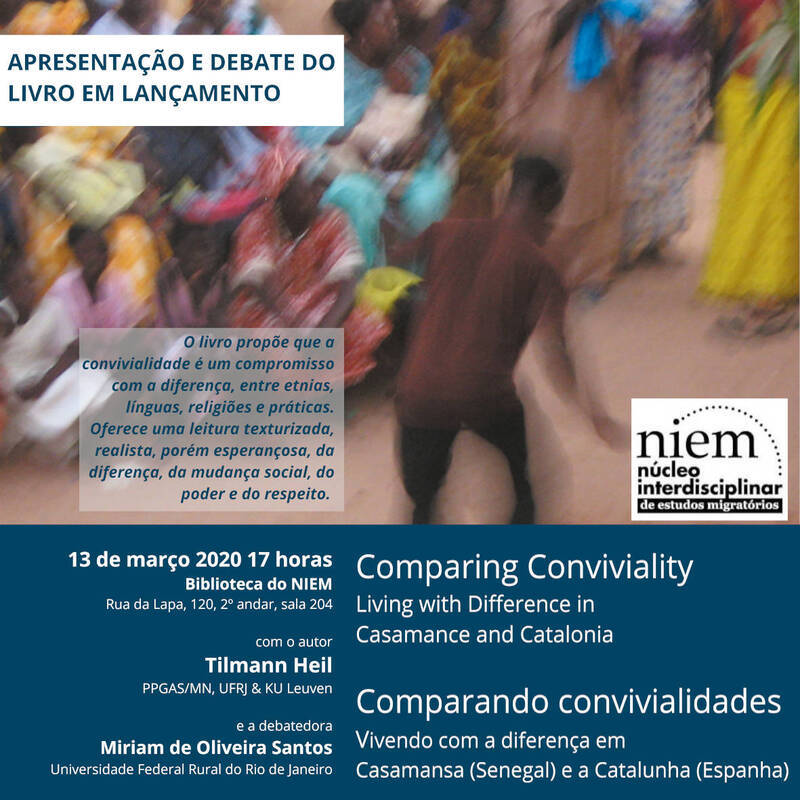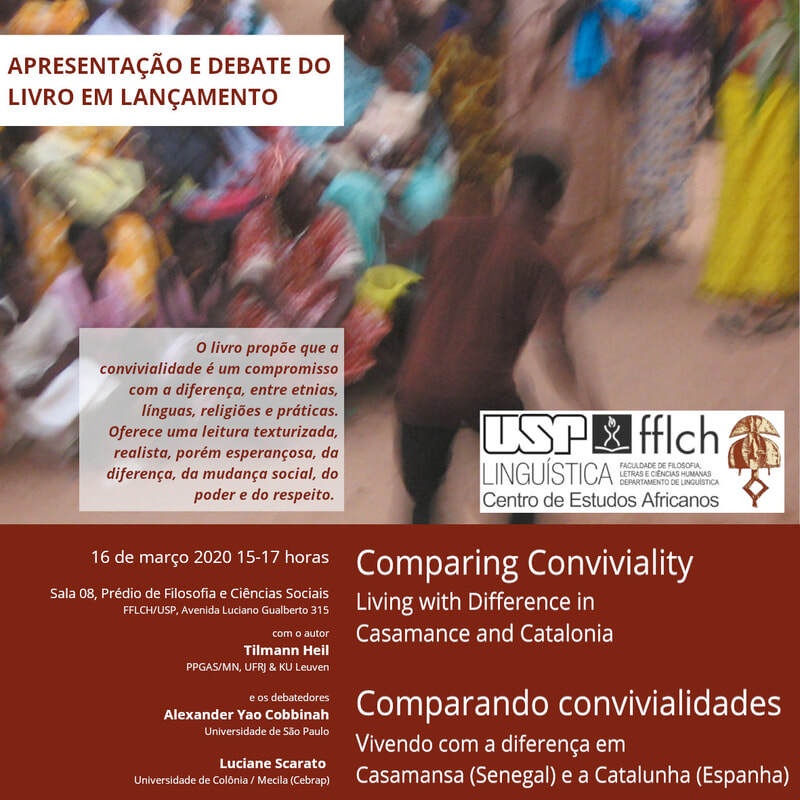in International Journal of Immigration and Refugee Studies
accepted
Abstract
Given the renewed arrival of Spanish migrants in Brazil since 2008, I analyse how post/colonial power relations are re/configured and contradictions produced when legal and economic precarity question status hierarchies based on origin, race, and class. Brazil currently hosts the largest number of illegalised Spaniards worldwide. Illegality and precarity contest the favourable effects of nearly unconditional whiteness in Brazil and globally racialised, colonial power hierarchies. Derived from 2.5 years of ethnographic fieldwork in Rio de Janeiro since 2014, my interlocutors’ trajectories show how they struggle with and embrace the urban fabric and its structural post/colonial configuration.
Keywords
Brazil, postcolonial, whiteness, Europeanness, precarity, coloniality, status, hierarchy
accepted
Abstract
Given the renewed arrival of Spanish migrants in Brazil since 2008, I analyse how post/colonial power relations are re/configured and contradictions produced when legal and economic precarity question status hierarchies based on origin, race, and class. Brazil currently hosts the largest number of illegalised Spaniards worldwide. Illegality and precarity contest the favourable effects of nearly unconditional whiteness in Brazil and globally racialised, colonial power hierarchies. Derived from 2.5 years of ethnographic fieldwork in Rio de Janeiro since 2014, my interlocutors’ trajectories show how they struggle with and embrace the urban fabric and its structural post/colonial configuration.
Keywords
Brazil, postcolonial, whiteness, Europeanness, precarity, coloniality, status, hierarchy


